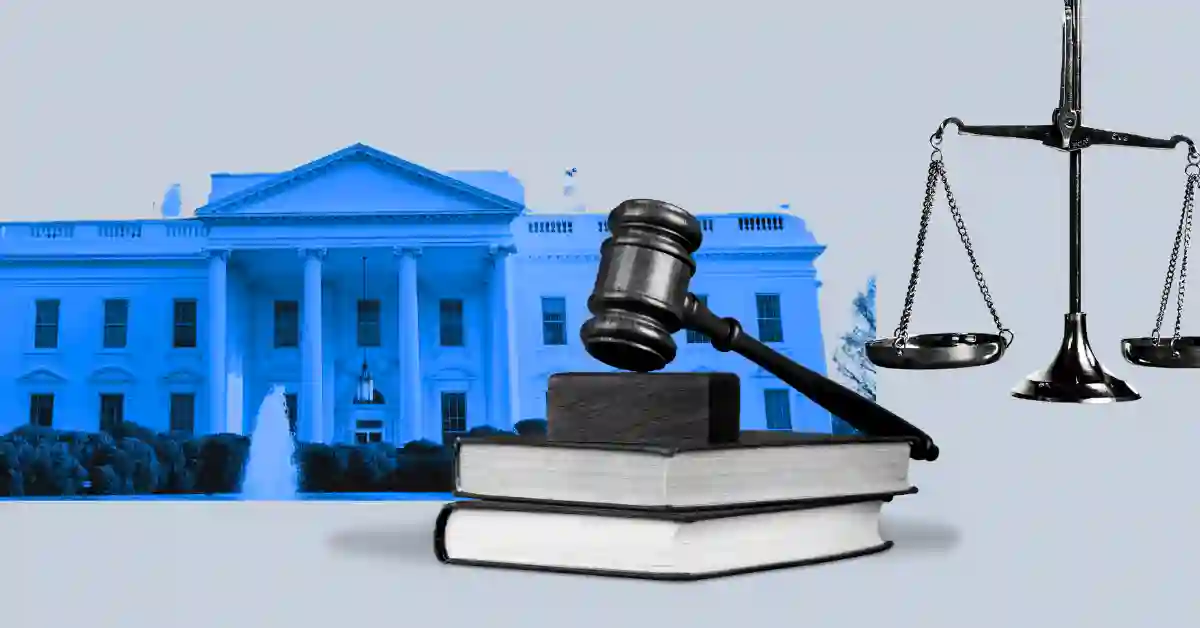
The U.S. Internal Revenue Service (IRS) has recently implemented new regulations aimed at decentralized finance (DeFi) protocols, marking a significant shift in how these platforms are perceived by regulatory bodies. Under these new rules, certain DeFi platforms will be categorized as brokers, compelling them to disclose Know Your Customer (KYC) information for digital asset transactions. This regulatory change is expected to impact up to 875 DeFi brokers, stirring considerable unrest within the crypto community.
Understanding the New IRS Regulations
In essence, the IRS’s new regulations mean that specific DeFi platforms, which facilitate the buying and selling of digital assets, will now have to operate under broker-like conditions. This includes the mandatory sharing of KYC details, a move that has raised security concerns among investors. Legal experts are also challenging the constitutionality of these regulations, arguing that they may infringe on individual rights. Despite these objections, the IRS maintains that these measures are necessary to ensure accurate tax reporting and compliance.
The Crypto Community’s Concerns
The introduction of these requirements has led to widespread apprehension within the cryptocurrency sphere. Many stakeholders are worried about the implications for privacy and the potential for overreach by regulatory authorities. The debate has sparked a larger conversation about the balance between regulation and innovation in the rapidly evolving digital economy.
Lawsuit Filed to Counter the IRS Rule
In response to the controversial regulations, the Blockchain Association, in partnership with the DeFi Education Fund and the Texas Blockchain Council, has initiated legal proceedings against the IRS. The lawsuit contends that the new broker rulemaking violates the Administrative Procedure Act and is unconstitutional. Kristin Smith, CEO of the Blockchain Association, has been vocal in her opposition, advocating for the reversal of these rules. She is optimistic that the incoming pro-crypto Congress and Administration will recognize the detrimental impact of such regulations on innovation.
Legal Experts Weigh In
The legal community has also expressed discontent with the IRS’s actions. Jake Chervinsky, chief legal officer at Variant, described the rule as “the dying gasp of the anti-crypto army” and called for its repeal through judicial intervention or legislative change. He believes that the current administration’s stance represents an overreach of regulatory authority.
Miles Jennings, general counsel of a16z Crypto, echoed these sentiments, criticizing the rule as a “fantastical expansion” of regulatory power. He cautioned that such measures might pave the way for the IRS to regulate or even prohibit DeFi platforms altogether.
Political Implications
Some members of the community have speculated that the Biden administration’s actions may be intended to undermine crypto-friendly initiatives anticipated under Trump’s leadership. As Trump prepares to assume office in January with a pro-crypto team, it remains to be seen how these contentious regulations will be addressed by Congress.
Looking Ahead
As the crypto community rallies against what they perceive as an infringement of their rights, the ongoing legal battle will be crucial in determining the future of DeFi regulations. The outcome of this dispute could set a precedent for how digital asset transactions are governed in the United States, impacting innovation and privacy in the burgeoning field of decentralized finance.






